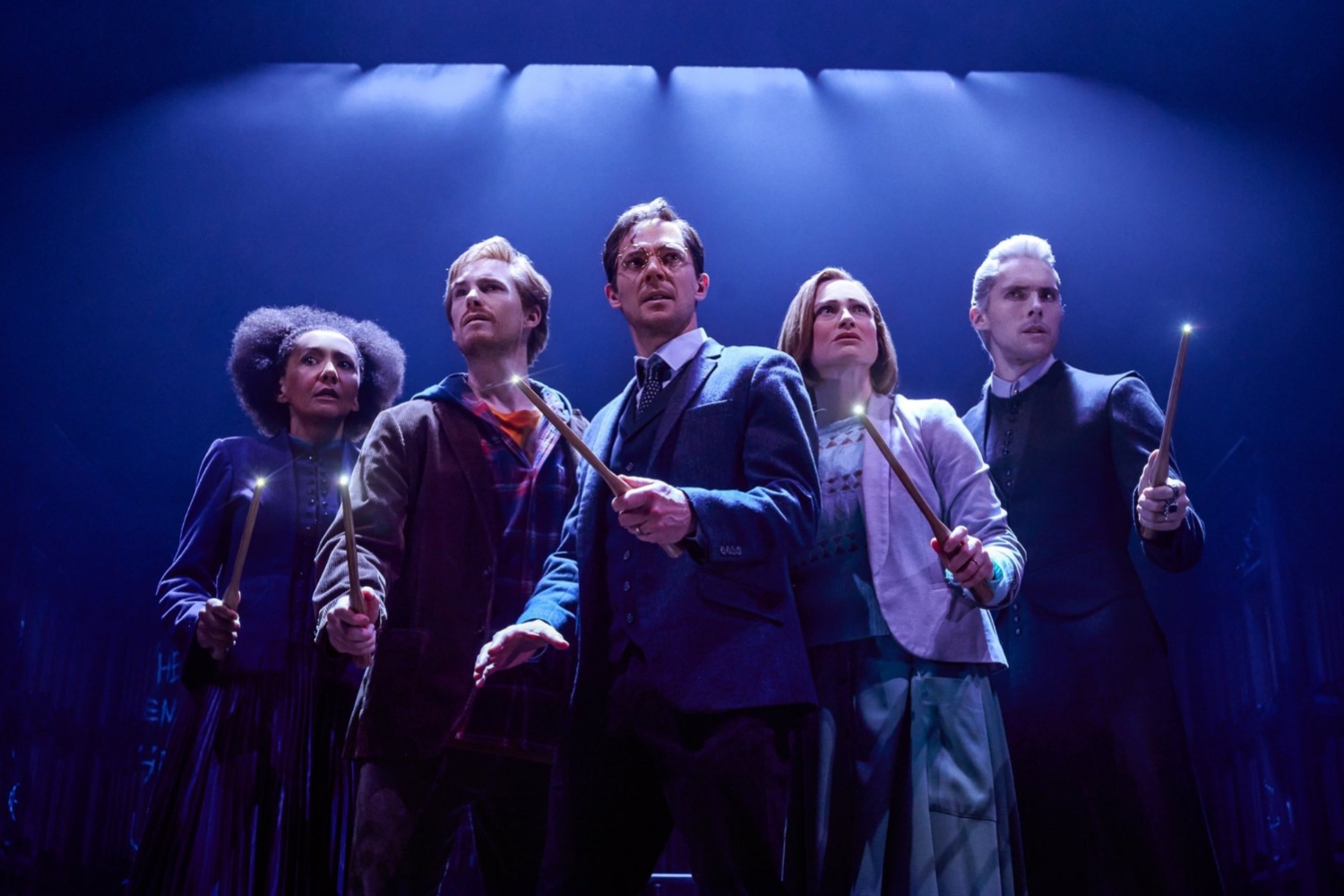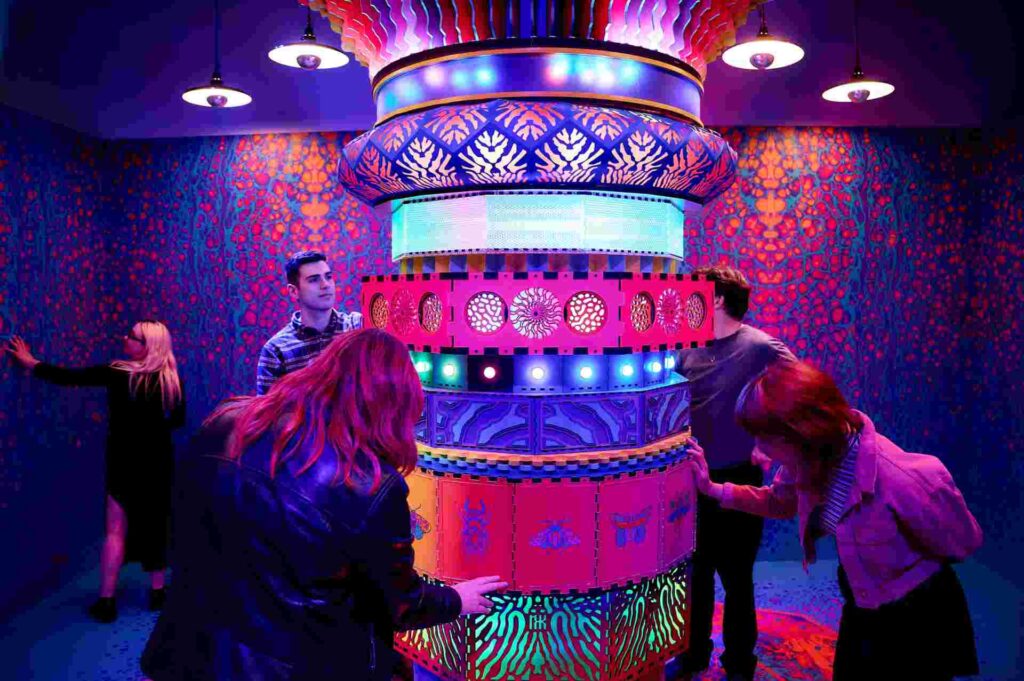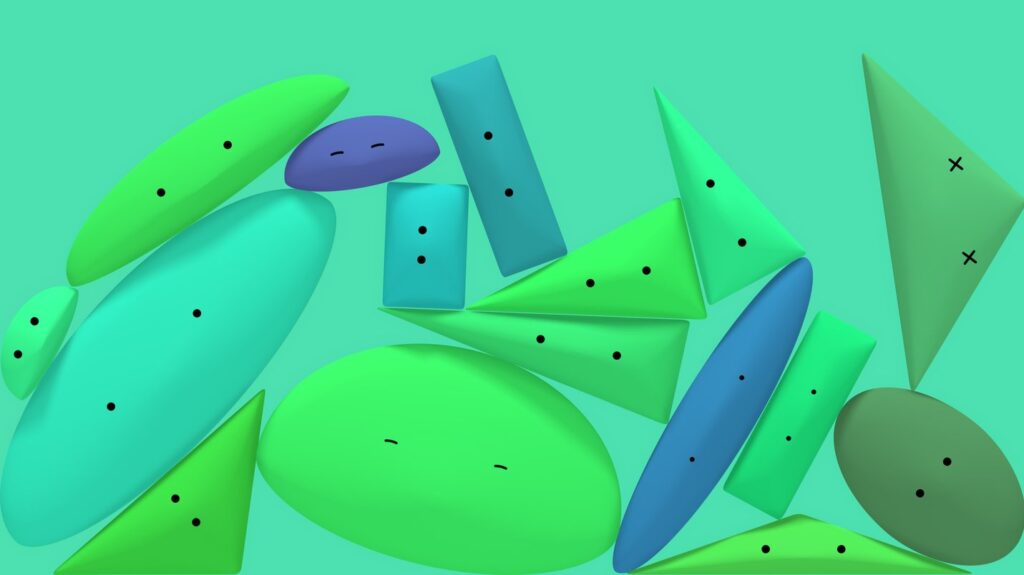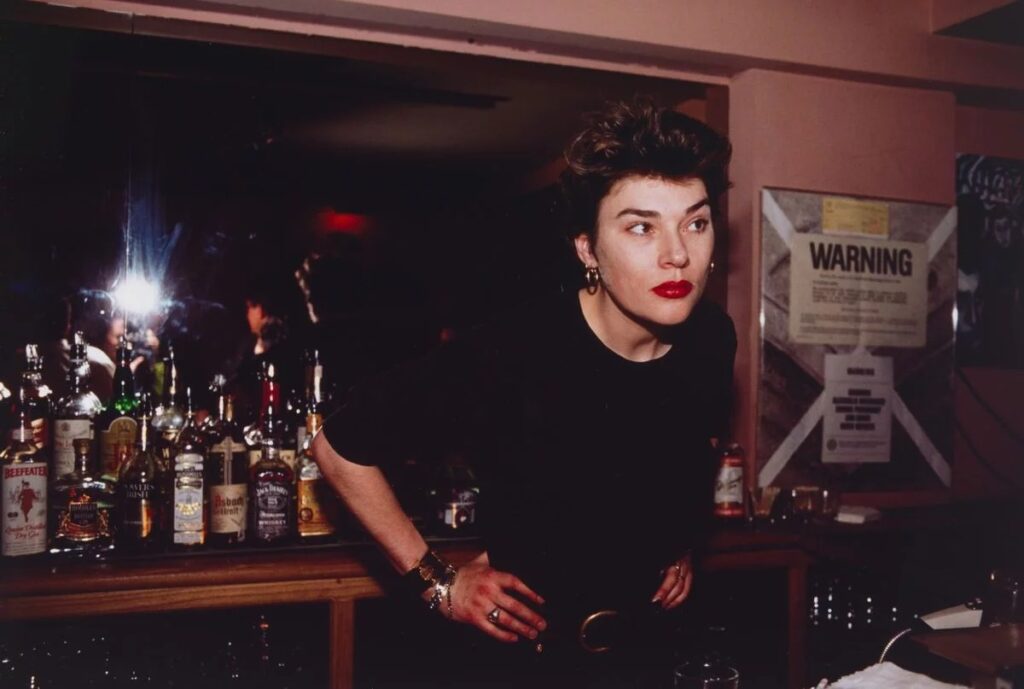Plenty of substance beneath the flash.
“I don’t respect time travel. If Ant-Man and the Wasp can do it, I’m not interested.”
Uttered in an episode of Rick and Morty, those words rang out in my mind as I was seated in the Princess Theatre.
The ultimate shark jump, time travel as a plot device can be at best, confusing, at worst, lazy, and almost always illogical and full of holes. And this worried me.
There are holes in the logic of Harry Potter and the Cursed Child, of which time travel is the central plot device – and holes in a particular smoking gun/blanket – but the plot is ultimately not what matters here. This show is utter magic (how original) and that triumph lies not in the story, but in the presentation.
This new version of the play condenses the story, which was originally staged over two halves and running close to six hours, into under three hours. Three wonderful hours, at that.
Check out Melbourne’s latest stage shows and theatrical events here.
I cannot emphasise this enough – Harry Potter and the Cursed Child was one of the most spectacular performances that I have been lucky enough to witness. No review I’ve read has come close to truly painting a picture of how mind-blowing the practical effects of this show are. It’s a kind of visual poetry that cannot be done justice by the English language. I promise you – you have never seen anything like it before.
Wizards fly through the air, and seemingly disappear into it. Paper flies into a neat pile from a messy desk, actors transform into other actors, furniture levitates and spins, wizards are eaten by a bookcase and in perhaps the most incredible moment of the show, dementors descend from the roof and fly above the crowd. The willowy, wispy robes floating with gossamer thin weightlessness were so eerily beautiful and terrifying – I literally screamed.
I loudly gasped multiple times throughout the performance. The experience was visceral and all-absorbing. Part of why it’s hard to describe this show is in the desire to not spoil the shocks and surprises along the way. It felt like a magic show. Although though many of the effects were easily explained, there were some that felt like real life wizardry – (pointy) hats off to the visual effects department, this is a world class show created by people at the top of their game.
This is theatre done right.
But not perfectly. At times, the plot reads more like fan fiction than a legitimate entry in the Potter canon and the cut down runtime created a frenetic pacing that would have benefitted from time to breathe.
A lot of dialogue was cut to retain the spectacle of the show at the shorter runtime, and that does make for an emotional deficit and disconnect – particularly from the show’s central villain.
View this post on Instagram
But ultimately, Harry Potter and the Cursed Child in its original format was long and expensive. Not everyone can afford the time or cost of that experience. This newer, shorter version makes the show more accessible in so many ways, and that is something to be celebrated.
As is the queer representation that is so beautifully on display between the two young leads.
The plot follows Potter’s son, Albus, and his unlikely ‘best friend’ (read: first love) Scorpius Malfoy as they come of age and come to terms with the weight of their parents’ actions and fame.
Although it’s never explicitly stated, the play is littered with evidence that their relationship is amorous. A central theme of the play centers around Albus and Scorpius’ love for each other being the one force powerful enough to triumph over evil. They are completely devoted to each other, frequently gaze into each other’s eyes, and at one point Albus confides in his father that Scorpius is, and may always be, the most important person in his life. Harry Potter’s arc in the play reads like a parent trying to understand and learn how to be supportive of his child’s queerness – at first he’s a confused, angry, stubbornly dismissive parent, which eventually melts away into acceptance.
The chemistry between Malfoy and Potter was off the charts, albeit frustratingly chaste. By far my biggest criticism of the show is ultimately that they didn’t pash after their moody wand duel (I told you it reads like fan fiction).
So perhaps the plot is due more credit. For as much as the pyrotechnics and special effects were impressive, there was still enough heart to match.
For more information about Harry Potter and the Cursed Child, head here.







